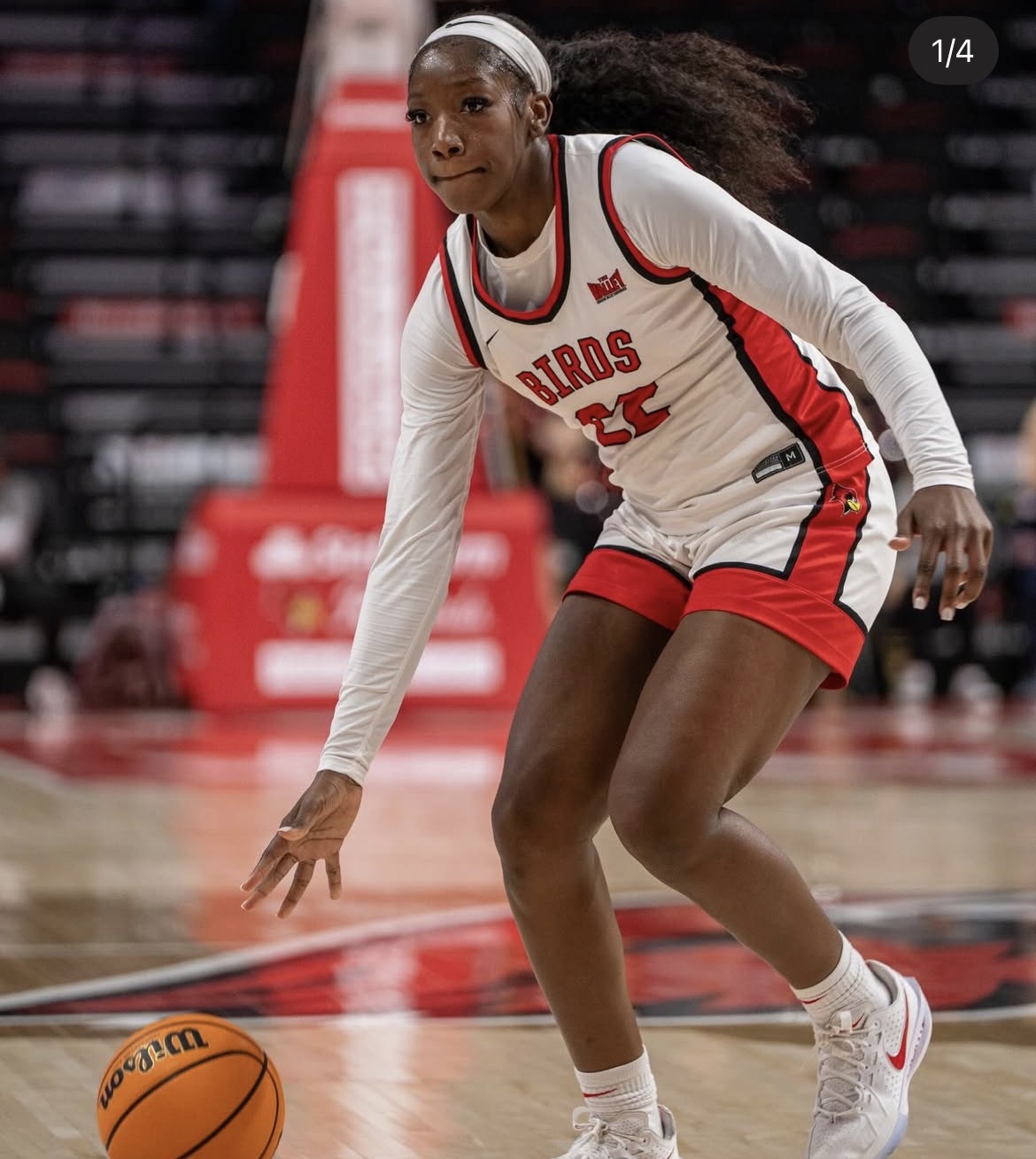Bloomington Domestic Violence Resource Center Representative Addresses Polarized Opinions on the Film “It Ends with Us
Written by Colleen Holden on August 28, 2024
Photo provided by Mid-Central Community Action’s official website
BLOOMINGTON, Ill. – Colleen Hoover’s “It Ends with Us” has sparked major controversy in the media following the release of its silver screen adaptation. From the promotional press around the movie to the details of the story itself, there have been many dissenting opinions on whether the issue of domestic violence was handled correctly.
Mid-Central Community Action is an organization in Bloomington that provides support to survivors of domestic violence. Community Outreach Specialist Rachel Sizemore detailed what the film did wrong, what it did right, and explained how to effectively spread awareness on this issue.
In terms of the romanticization of domestic violence in the press leading up to the movie’s release and in the plot’s structure, Sizemore disagreed with the use of levity.
“For me, what I see is the minimization of how serious domestic violence is,” Sizemore said.
Another point of contention was a lack of resources for viewers who may be struggling with domestic violence in their own lives. Resource information appeared on the screen once at the end of the credits. Sizemore had her own ideas on how to make this information appear more frequently.
“There’s a couple different ways I could envision it,” Sizemore said. “One would be at the very beginning just for transparency for people. Even during the scenes if there was some kind of banner or information on the bottom corner or a QR code, those kinds of things that can link you to those services I think is important to show throughout instead of just at the end because then they’re not focusing on what the real issue is.”
One aspect of the film that Sizemore agreed with was the nuanced approach the film took to the main character’s response to the acts of violence.
“Me personally, I like how it was displayed because it caught people off guard, and that’s what violence is like in a relationship,” Sizemore said. “That person still loves the other person, they’re just not healthy for them. I do like portraying it that way because someone always asks the question ‘Well why don’t they leave,’ well this is part of the dynamics of that cycle … I feel like it does help people kind of get in the mindset of ‘Oh I can see this.’”
Following the release of the film, lead actress Blake Lively came under fire for her interview performance when asked about domestic violence. Lively’s promotion of the film, and response to questions about fans in domestic violence situations looking for help rubbed some people, including Sizemore, the wrong way.
“I understand that’s a roll but it’s also your responsibility to get the information out there if you’re doing a movie about it,” Sizemore said. “I think just addressing that the issue is serious and saying that there are resources out there for survivors, even that alone would acknowledge a lot of people probably going through the same thing.”
The mixed reviews “It Ends with Us” received make it difficult to use as a medium of raising awareness about the issue. According to Sizemore, a more effective way of accomplishing this is simply starting informative conversations.
“I think it’s us all educating each other and holding each other accountable,” Sizemore said. “So if you do hear it, say something.”
Mid-Central Community Action has a 24-hour domestic violence hotline that can be reached at (309)-827-7070.





